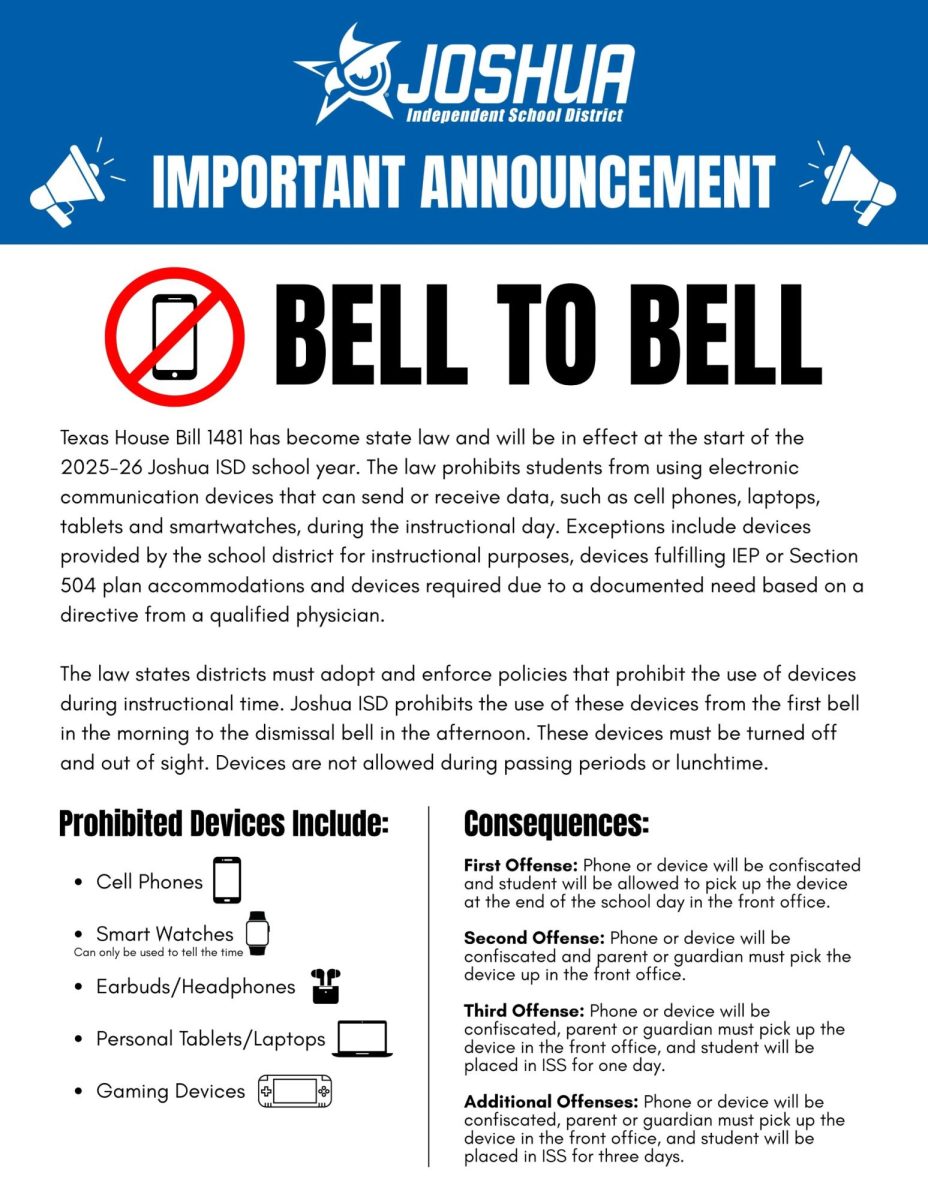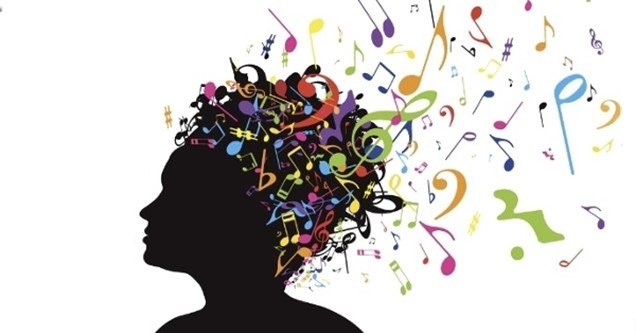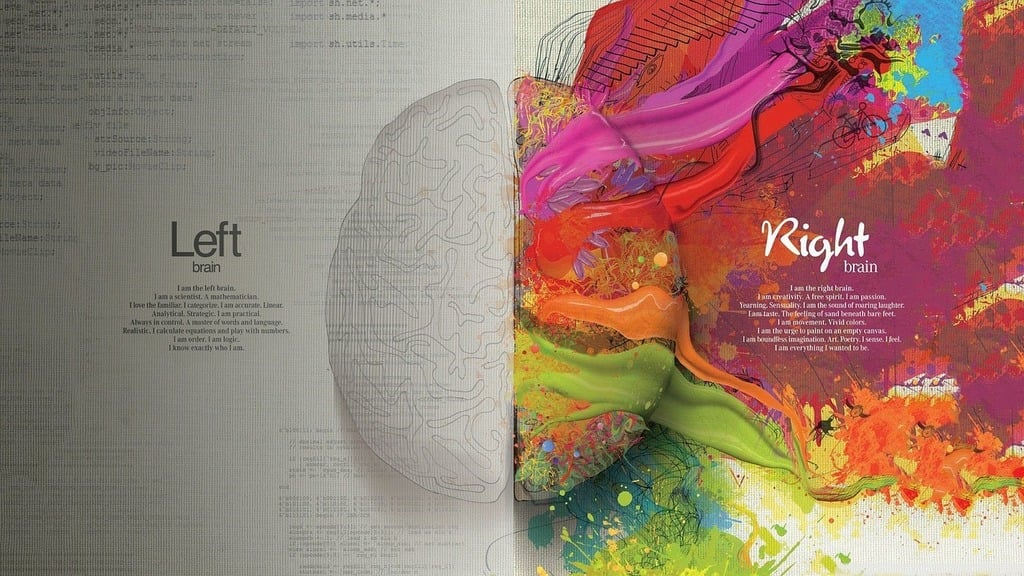Book banning entails the prohibition of certain books from public access due to their controversial content. Notably, the Bible has also been subjected to bans in specific cases. This ongoing debate serves as a testament to the delicate balance between censorship and the right to access information in society.
The controversial debate surrounding the banning of books is a longstanding issue, primarily driven by concerns about protecting children from potentially harmful or inappropriate content.
Opponents of book bans argue that such measures stifle intellectual freedom, hinder critical thinking and limit access to diverse perspectives essential for fostering a well-rounded understanding of the world. They explain that promoting education, fostering open dialogue and encouraging responsible guidance for readers offer a more effective approach to addressing these concerns while upholding the principles of freedom of expression. The act of banning books not only restricts freedom of speech but also serves as a tool for censorship and an abuse of power. By controlling the narrative and restricting access to certain information and perspectives, authorities can manipulate public opinion and stifle dissenting voices. Book bans limit the exploration of critical ideas, diverse viewpoints and historical contexts, ultimately hindering intellectual growth and societal progress. Such practices pose a serious threat to the fundamental principles of free expression and democratic discourse, and can potentially foster an environment of ignorance and narrow-mindedness.
Advocates for book bans often emphasize the need to shield young minds from explicit language, violence or sensitive themes, citing the importance of preserving innocence and fostering a healthy environment. Additionally, advocates argue that maintaining societal values and morals is crucial, as certain texts may challenge cultural norms or cultivate ideologies deemed detrimental to society. Furthermore, the prevention of the spread of controversial or dangerous ideas remains a key point in this discussion, with fears that unfiltered conversations of certain concepts might lead to social unrest, moral degradation or the promotion of harmful practices.
Stand up for the voices of marginalized communities. Say no to book bans, ensuring that people of color and LGBTQ individuals have the right to share their stories and experiences through literature. Stand for inclusivity and representation in all forms of written expression.



























Chloe • Nov 13, 2023 at 2:42 PM
Book bans DO go against our First Amendment, especially ones over things that are out of our control, like being LGBT or a person of color. Keep spreading the word!